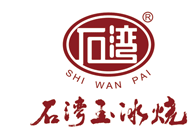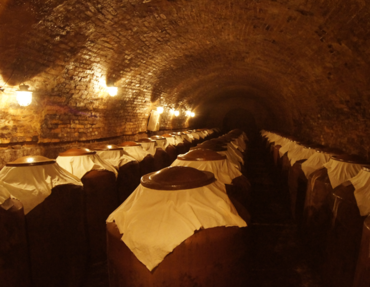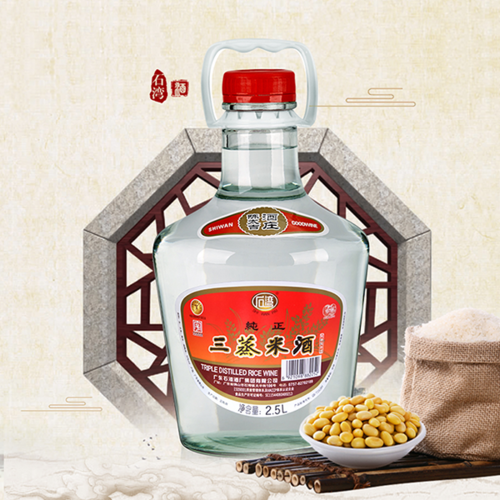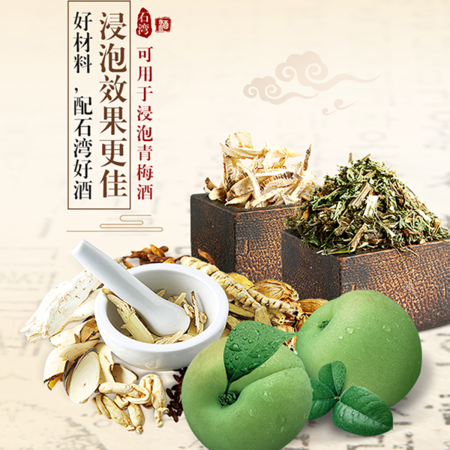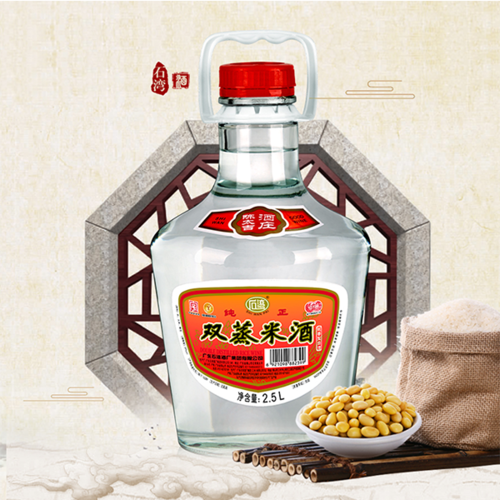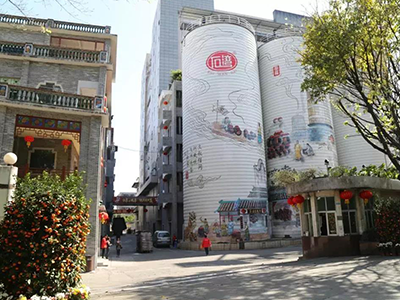The Intricate Process of Yu Bing Shao Baijiu Production
Baijiu, a traditional Chinese spirit, holds a significant place in the country's cultural heritage. Among its diverse varieties, Yu Bing Shao Baijiu stands out as a unique and cherished choice.
Renowned for its exquisite flavor and delicate aroma, Yu Bing Shao Baijiu is crafted through a meticulous production process that has been refined over centuries.
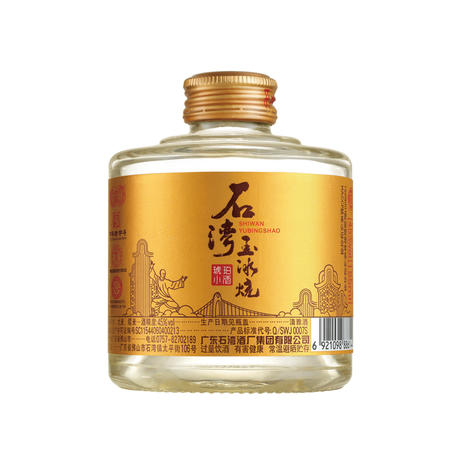
How Is Yu Bing Shao Baijiu Produced?
● Selection of High-Quality Ingredients
The foundation of exceptional Yu Bing Shao Baijiu lies in the careful selection of premium ingredients. The main ingredients include sorghum, wheat, rice, and water. Distilleries often prioritize locally grown grains known for their superior quality and unique characteristics, as they greatly influence the final flavor profile of the Baijiu.
● Fermentation
The fermentation process plays a crucial role in the production of Yu Bing Shao Baijiu. The grains are first carefully washed and soaked to remove impurities. They are then steamed or cooked, creating a mash that is ready for fermentation. Traditionally, Baijiu fermentation involves the use of a unique starter culture called qu, which contains various naturally occurring microorganisms. Qu initiates the fermentation process by breaking down complex starches into simpler sugars, which are later converted into alcohol. Fermentation can take several weeks to months, depending on the desired flavor profile.
● Distillation
After fermentation, the liquid is distilled to separate the alcohol from the solids. Baijiu is typically distilled using pot stills made from clay or stainless steel. The fermented mash is heated, and the alcohol vapor rises and condenses as it passes through a series of chambers. This process helps to refine the Baijiu and remove any unwanted impurities, resulting in a smoother and purer spirit.
● Aging and Maturation
Following distillation, Yu Bing Shao Baijiu undergoes a period of aging and maturation. It is often aged in large ceramic or earthenware vessels buried underground, allowing the spirit to develop its unique flavors over time. The length of aging can vary from several months to several years, with some premium varieties being aged for decades. During this period, the Baijiu interacts with the vessel, absorbing subtle characteristics that contribute to its complexity and depth.
● Bottling and Presentation
Once the aging process is complete, the Baijiu is carefully bottled, ready to be enjoyed by discerning connoisseurs. Yu Bing Shao Baijiu is often presented in elegant and intricately designed containers, highlighting the craftsmanship and attention to detail associated with this revered spirit. The bottle labels often depict cultural symbols or historical motifs, reflecting the rich heritage of Baijiu production.
How Long Does the Fermentation Process for Yu Bing Shao Baijiu Usually Take?
The fermentation process for Yu Bing Shao Baijiu typically takes around 3 to 6 months. However, some distilleries may extend the fermentation period to enhance the flavor complexity, resulting in a longer fermentation time.
What Factors Influence the Aging Period of Yu Bing Shao Baijiu?
The aging period of Yu Bing Shao Baijiu can vary depending on various factors, including the desired flavor profile, the quality of the Baijiu, and the distillery's preferences. Generally, Yu Bing Shao Baijiu undergoes aging for a minimum of several months to several years. Premium varieties may undergo more extended aging periods, reaching up to several decades, resulting in a highly prized and valuable spirit.
Conclusion
Yu Bing Shao Baijiu production is an art form that combines centuries of tradition, meticulous craftsmanship, and a deep understanding of the ingredients. From the careful selection of high-quality grains to the patient aging process, every step contributes to the creation of a spirit that embodies the essence of Chinese culture. As you savor a glass of Yu Bing Shao Baijiu, you can appreciate the dedication and expertise required to produce this extraordinary beverage, celebrated both in China and around the world.
